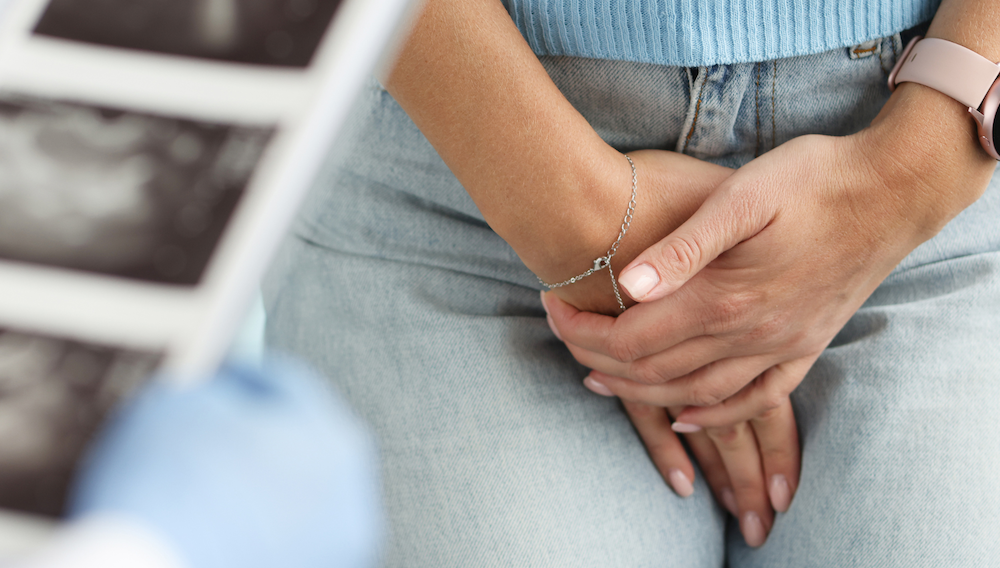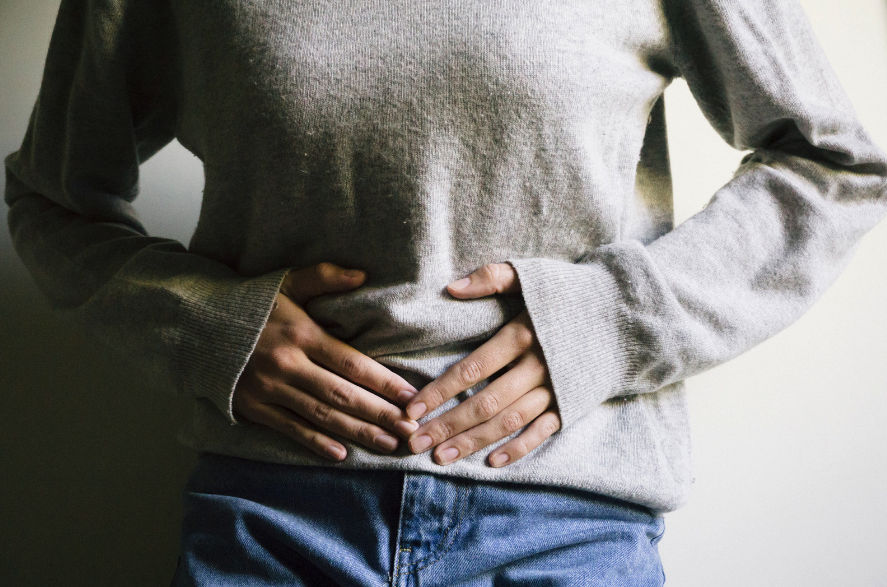One potential source of pain, heavy periods, and even infertility or miscarriage could be the presence of uterine fibroids. These benign growths can be attached to the cavity, muscule or outside of the uterus. Sometimes, they can interfere with fertility or be the source of miscarriage. As such, it’s important to know a little bit about uterine fibroids and how they may affect you.
What are Uterine Fibroids?
Uterine fibroids are non-cancerous tumors made up of muscle and connective tissue. They primarily attach to and around the muscle tissue of the uterus. They can grow either within the muscle wall, inside the cavity or on the outside surface of the uterus. Some even grow from a stalk-like structure.
Fibroids are most common after age 30 and they are more common in black women. The fibroid growths can become large and numerous, resulting in more severe symptoms.
It isn’t clear what causes uterine fibroids, but they can result in several symptoms that can interfere with your period. If large enough, they can effect your bowel movements and urination. Some women have no symptoms, while others may experience pelvic pain, abdominal pressure, long or heavy periods, constipation, frequent urination, and even leg pain. If you’re experiencing pain or heavy periods then it is time to see your OBGYN for diagnosis. A pelvic exam, ultrasound, and lab tests will help make a diagnosis.

Pregnancy and Fibroids
Occasionally, uterine fibroids can interfere with fertility. When fibroids are large or numerous or attach to the lining of the uterus, this can make it more difficult to conceive or carry the pregnancy to term. Unfortunately, with the hormonal changes during pregnancy, uterine fibroids commonly grow in the first trimester of pregnancy. If fibroids are diagnosed prior to conceiving, it may be recommended that they are removed prior to getting pregnant.
Removal of fibroids in someone who desires pregnancy may take the form of surgical removal via laparoscopy or open procedures. If the fibroid is located within the cavity, the removal may be done hysteroscopically. Not all fibroids will interfere with conception and pregnancy so it is important to discuss your options with your ObGyn. The only way to ensure that fibroids will not return is by removing the uterus via hysterectomy.
Watch this video from the Mayo Clinic about uterine fibroids and their treatment.
There are many other reasons for infertility and pregnancy loss. If you are having difficulty getting pregnant, we recommend an infertility evaluation and treatment to discover any hidden causes of infertility, such as fibroids.
West Des Moines OBGYN always recommends preconception care for anyone trying to get pregnant. Schedule a preconception visit, and together, we will make a plan to get you ready for a healthy pregnancy.


